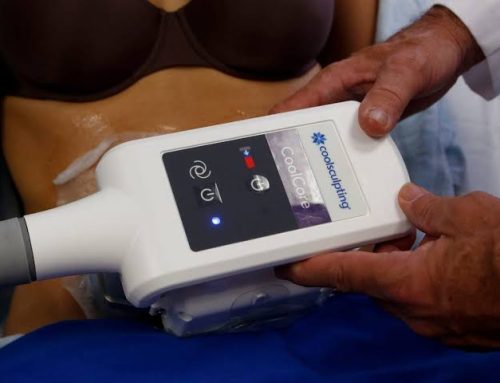Introduction
Recovery after surgery is a unique journey for each patient, with some experiencing a swift rehabilitation while others take a more gradual path. It’s common to face various challenges during this period, including pain, nausea, and emotional fluctuations. In particular, post-surgery depression can be a significant concern for some, especially after procedures like plastic surgery, such as breast augmentation, liposuction, facelift, abdominoplasty and other. In this article, we will explore what post-surgery depression is, its causes, symptoms, and how to cope with it effectively.
What is a post-surgery depression?
Post-surgery depression refers to a persistent state of sadness and hopelessness experienced after undergoing a surgical procedure. It’s essential to distinguish between typical post-surgery feelings of vulnerability and sadness, which can affect your appetite, sleep, and energy, and true post-surgery depression. If these feelings endure for longer than two weeks, it may be indicative of depression.

Is it normal to have mood swings after surgery?
Several factors can contribute to post-surgery depression, including:
- Stress and Disappointment: Surgery, whether minor or major, is an invasive procedure that can be traumatic. The stress resulting from any difficulties in recovery can lead to depressive feelings.
- Chronic Pain: Persistent pain following surgery can take a toll on one’s mental well-being, contributing to depressive symptoms.
- Reaction to Anesthesia and Medication: Some patients may experience emotional fluctuations as a reaction to anesthesia and prescribed medications.
- Mortality Concerns: Facing one’s mortality, even indirectly through surgery, can evoke existential concerns and anxiety.
- Dependency on Others: The need for assistance during the recovery period can lead to feelings of guilt and inadequacy.
- Financial Stress: Worries about the financial costs associated with surgery can add an additional layer of stress.Moreover, patients who already have a history of depression or anxiety may be more vulnerable to post-surgery depression. It’s essential to consider these factors and prepare for potential depressive symptoms during recovery.

What are the symptoms of post surgery depression?
Symptoms of post-surgery depression may manifest in various ways, including:
- Fatigue
- Difficulty Making Decisions
- Memory Problems
- Changes in Appetite
- Sleep Disturbances
- Loss of Interest in Activities
- Irritability
- Restlessness
- Sluggish Movements and Speech
- Feelings of Anxiety, Guilt, or Stress
- Feelings of Despair or Hopelessness
- Thoughts of Self-Harm or Suicide
If you or someone you know is experiencing these symptoms for an extended period following surgery, it’s crucial to seek professional help and evaluation.
What helps with post surgery anxiety?
Managing post-surgery depression requires a proactive approach. Here are some strategies that may help:
- Stay in Touch With Your Doctor: Consult with your healthcare provider, as they can recommend appropriate treatments or therapies. They can also ensure that any prescribed medications do not interfere with your post-surgery care.
- Establish a Routine: Simple tasks like getting out of bed, making your bed, and getting dressed daily can boost your mood and provide a sense of accomplishment.
- Seek Support: Reach out to friends and family for emotional support. Talking about your feelings can be therapeutic and help you discover coping mechanisms.
- Enjoy Nature: Spending time in natural settings can have a positive impact on mental health and reduce depression symptoms.
- Moderate Exercise: Engaging in physical activity can release endorphins and alleviate depressive feelings. Both cardio and resistance training have been shown to be effective.
- Maintain a Healthy Diet: A balanced diet can enhance overall well-being and contribute to a quicker recovery.
- Regular Sleep Schedule: Establishing a consistent sleep routine can counteract fatigue and improve mental health.
- Set Recovery Goals: Setting achievable goals during your recovery can provide a sense of purpose and progress.

Conclusion
In conclusion, surgery can indeed affect your emotions, and post-surgery depression is a real concern for some individuals. It’s essential to recognize the potential for depressive symptoms, be proactive in seeking help when needed, and utilize various strategies to support mental well-being during the recovery process. Remember that seeking professional guidance from healthcare providers or mental health professionals is crucial for effectively managing post-surgery depression.
Disclaimer: The content on this blog is intended for general informational purposes only. It is not a substitute for professional medical advice, diagnosis, or treatment. Always consult qualified healthcare providers for personalized advice. Information regarding plastic surgery, dental treatment, hair transplant, and other medical procedures is educational and not a guarantee of results. We do not assume liability for actions taken based on blog content. Medical knowledge evolves; verify information and consult professionals. External links do not imply endorsement. By using this blog, you agree to these terms.










